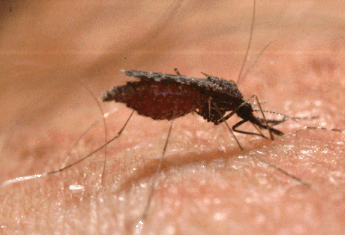Vector Heterogeneity & Malaria in Brazil
The reemergence of malaria as an important anthroponosis has heightened concern as to whether sufficient understanding of the processes that determine transmission intensity exists. Also, the lack of knowledge of interactions among the vectors, the disease, and the environment limits the implementation of effective and sustainable malaria control.
Therefore, a malaria research project was developed at FMEL in cooperation with the University of São Paulo, Department of Epidemiology, São Paulo, Brazil and the Centro de Pesquisas Aggeu Magalhães, FIOCRUZ, Recife, Brazil. The project was funded by NIH.
The following fundamental questions are to be answered.
- What is the impact of vector heterogeneity on the dynamics of malaria transmission and,
- Can entomological transmission parameters (or climate) assist or act as surrogates for malaria incidence in order to improve monitoring programs and evaluate control strategies?
The specific aims of the project are:
- Establish the role of different vectors in the transmission dynamics of malaria.
- Test whether the entomological transmission parameters can assist or act as surrogates for human-based diagnosis of malaria.
- Examine if all the entomological transmission parameters need to be measured in order to evaluate change in malaria incidence.
- Determine if weather alters the entomological transmission parameters.
|
Anopheles darlingi |
Contact: L. P. Lounibos
- Back to FMEL Research Areas

